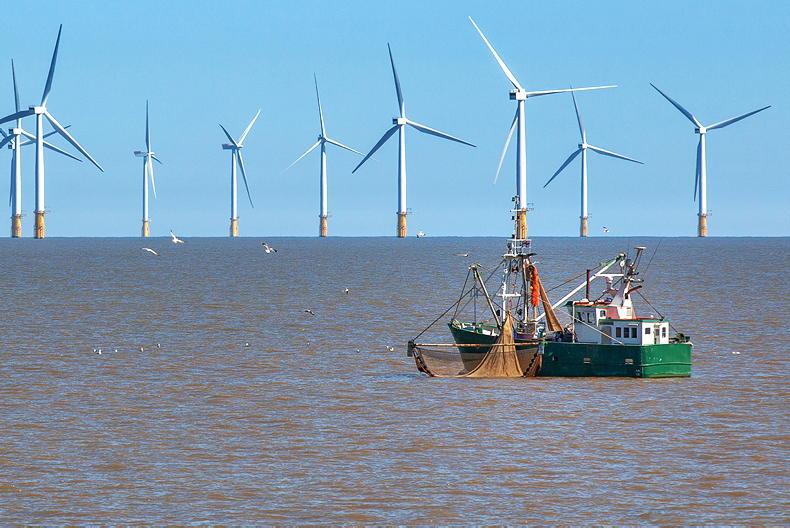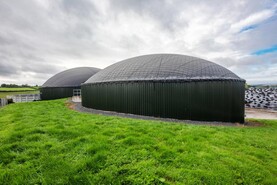The Climate Action Plan sets hugely ambitious targets for all sectors, including renewables.
Continuing with its electrification agenda, the Government aims to have 80% of all electricity consumed in Ireland coming from renewable sources by 2030.
This will be achieved primarily through developing our onshore and offshore wind potential but also through solar generation with gas generation back-up.
We will also see a major drive towards the electrification of difficult to decarbonise sectors such as transport and heat.
Farmers
What does this mean for farmers? The commitment to introduce a new small-scale generation scheme for farmers is very positive.
The Government has also confirmed that it will develop a more streamlined grid connection process for systems of up to 200kW in size
The scheme will be designed to support the development of rooftop and ground-mounted solar PV systems of between 50kW and 200kW in size on farms.
This is separate to the incoming microgeneration scheme, which is limited to 50kW in electrical output.
The Government has also confirmed that it will develop a more streamlined grid connection process for systems of up to 200kW in size.
It also says that it intends to introduce a higher grant rate of 50% for farmers for capital investments that contribute to the wider renewable energy policy but give few follow-up details.
Biomethane
We also saw the first acknowledgement by the Government of the need to develop an agricultural anaerobic digestion (AD) industry.
The plan outlines how farmers could contribute agricultural feedstocks to help produce 1.6 terawatt hours (TWh) per annum of sustainably produced biomethane which will be injected into the gas grid.
There is a commitment to continue the support scheme for renewable heat and to double the indigenous biomass supply
Based on a typical farm-sized AD plant and the stated biomethane target, this could create the demand for 80,000ac of forage feedstock and 1.3m tonnes of slurry to feed a network of 80 plants.
There is a commitment to continue the support scheme for renewable heat and to double the indigenous biomass supply.
The plan also states that it will increase the blend proportion of biofuels in petrol and diesel.






 This is a subscriber-only article
This is a subscriber-only article











SHARING OPTIONS: